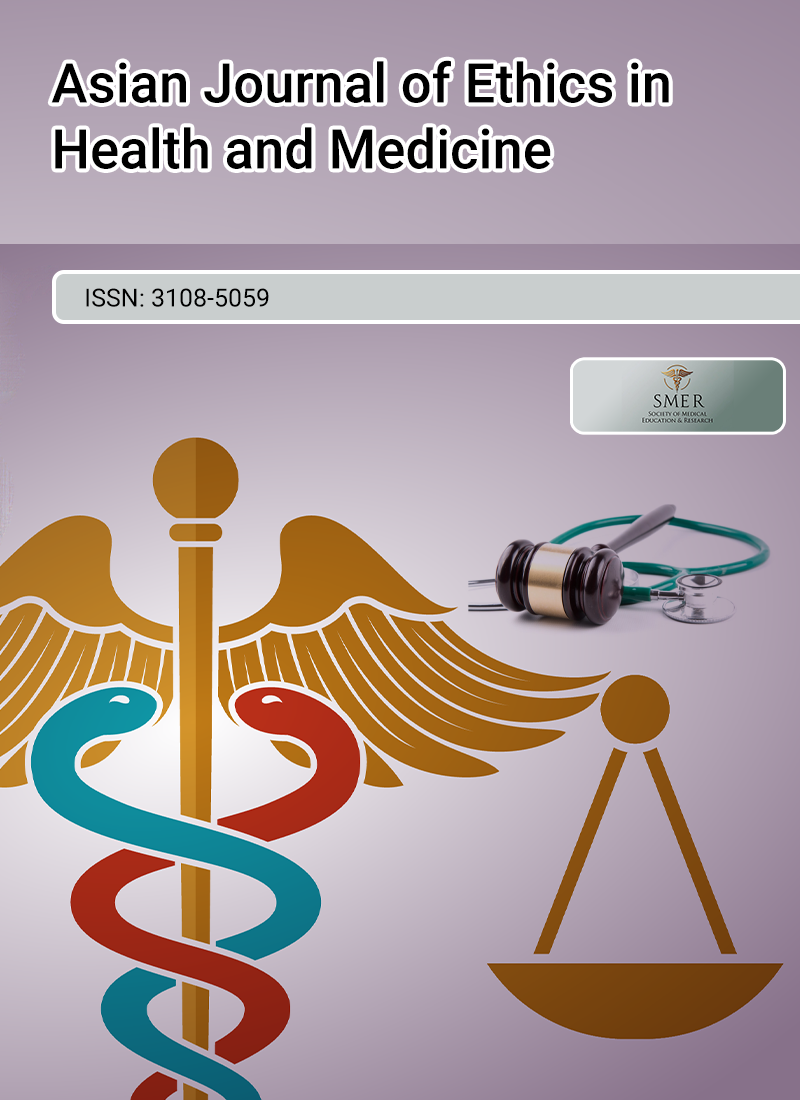
Genetic and genomic testing (GGT) offer valuable tools for enhancing health outcomes and preventing disease. However, because GGT involves sensitive personal information that can significantly affect patients and their families, it is crucial to address its Ethical, Legal, and Social Implications (ELSI). ELSI research seeks to identify and mitigate potential risks posed by genomic studies to individuals, families, and society. Existing literature, however, shows both quantitative and qualitative inconsistencies in defining the components of ELSI, which may lead to patient misinformation and adverse decisions. We reviewed major international documents published by global organizations to clarify the parameters defining ELSI and the recognized standards for GGT. This review is intended to provide guidance for researchers, healthcare professionals, and policymakers. First, we established clear definitions for the ethical, legal, and social dimensions of GGT to reduce ambiguity when using the ELSI framework. Next, from 44 relevant publications on genomic medicine, we selected nine key documents for detailed analysis. From these documents, we identified 29 ELSI sub-criteria related to GGT, which we grouped under 10 core criteria: two ethical, four legal, and four social. An additional analysis of the frequency of these sub-criteria across documents enabled us to prioritize seven key criteria for initiating evaluation and developing national regulations for GGT. The ELSI criteria identified in this study offer a structured foundation for developing national policies on personalized genomic medicine, ensuring alignment with international bioethical standards.